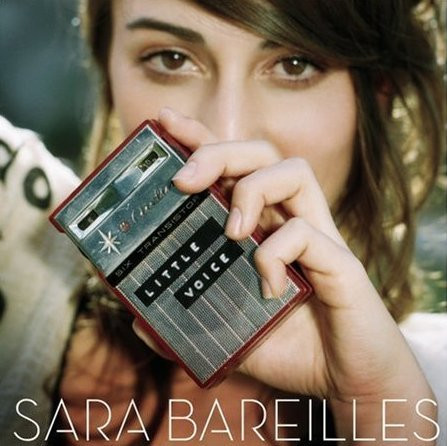Sara Bareilles’ “Love Song” remains an iconic track, instantly recognizable from its piano intro to its defiant lyrics. While often interpreted as a straightforward breakup song, especially around Valentine’s Day, the reality behind its creation is far more nuanced and speaks to the pressures artists face in the music industry. This article delves into the true meaning of “Love Song,” exploring its origins, lyrical depth, and lasting impact.
The story behind “Love Song” is less about romantic strife and more about artistic integrity. Bareilles, facing pressure from her record label to produce a commercially successful “love song,” penned this track as a direct response to their demands. As she herself explained, the label wanted her to shift her image and create something more “marketable.” This pressure led to frustration and a creative block, as she felt her genuine artistic expression was being stifled.
“They had encouraged me to keep writing, and I just wasn’t having any luck, and I was turning in the beginnings of ideas and snippets of moments of a song, and I was just getting a really sort of blasé reaction to everything. I started to get really insecure about it, and then I got really pissed off at myself for caring what anybody thought.” – Sara Bareilles
This quote reveals the core conflict: the tension between commercial expectations and authentic artistry. The lyrics, often misinterpreted as directed at a former lover, are actually aimed at the record executives. Lines like “they all say things you want to hear” and “I’m trying to let you hear me as I am” highlight her frustration with the industry’s desire to mold her into something she wasn’t. She wasn’t willing to compromise her artistic voice for the sake of a manufactured hit.
 Sara Bareilles performing Love Song
Sara Bareilles performing Love Song
The famous line, “I’m not gonna write you a love song,” becomes a powerful statement of defiance and self-assertion. It’s not a refusal to write about love in general, but a refusal to write a contrived love song on demand. Bareilles sings, “I’ll walk the seven seas when I believe that there’s a reason to write you a love song,” emphasizing that genuine creative expression cannot be forced or manufactured. The “blank stares at blank pages” she describes illustrate the artistic paralysis that can result from external pressure.
Ultimately, “Love Song” ironically became a massive hit, proving Bareilles’ point that authenticity resonates with audiences. It’s a testament to staying true to oneself in the face of external pressures, a theme that extends beyond the music industry. The song’s enduring appeal lies in its relatable message of resisting forced performance and valuing genuine expression. It reminds us that true “love songs,” in the broader sense of authentic creations, come from a place of genuine inspiration, not from external demands. Sara Bareilles’ “Love Song” is therefore not just a catchy tune, but a powerful anthem for artistic integrity and self-expression.


